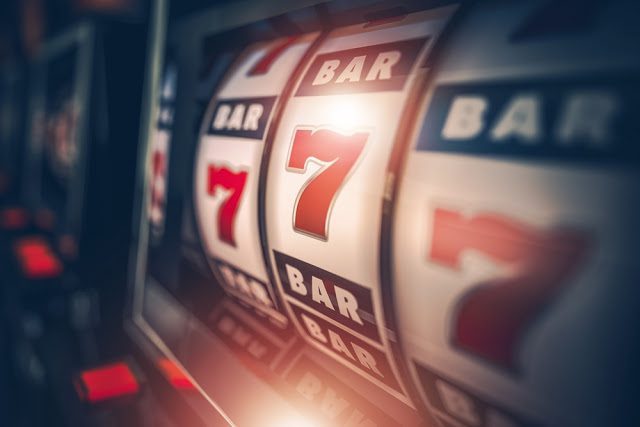Compulsive gambling is no less an addiction than drug or alcohol abuse. Problem gamblers might not experience the same physical withdrawal symptoms that plague drug addicts or alcoholics when they attempt to stop their habits. However, they will experience some. Many who struggle with gambling addiction struggle with a co-occurring disorder of substance abuse, which will lead to those symptoms. Process addictions like gambling addiction do also come with physical withdrawal. Often, a gambling addict will face insomnia, anxiety, restlessness, irritability, and discontent.
The signs of gambling addiction are often most obvious to everyone except the problem gambler. That gambler might be gambling with money he cannot afford to lose, such as funds that have been budgeted for food or housing. He will probably stop being entertained by gambling, and pursue his gambling activity to recover the money he lost to gambling. He will make gambling the top priority in his life to the exclusion of friends, family, and career, and borrow or steal money to support his activities. Gamblers who exhibit these tendencies should be encouraged to seek help for their problem before that problem consumes them altogether.
A gambling addict might believe that his actions affect noone but himself. The first step in treating a gambling addiction is for the problem gambler to admit that he does have a problem with gambling. His family or friends may need to step up to show the gambler how his actions are affecting them. Admitting the problem is not the same thing as getting help for the problem, but it is the best starting point.
Almost all addicts who attempt to stay away from their compulsive actions will experience a sense of boredom that threatens to drive them back to their addiction. Eliminating that boredom requires an addict to find new activities to occupy his time, such as exercising, reading, or volunteering. Spending time in a residential treatment program will give him the tools he needs to recover successfully, creating a new meaningful life of recovery outside of gambling.
Cottonwood Tucson offers residential treatment programs to men and women who are struggling with gambling disorder and co-occurring substance use disorders. Offering an integrative approach to the treatment of co-occurring disorders, Cottonwood Tucson has been internationally recognized for clinical excellence in healing mind, body, and spirit. Call us today for information: (888) 727-0441







